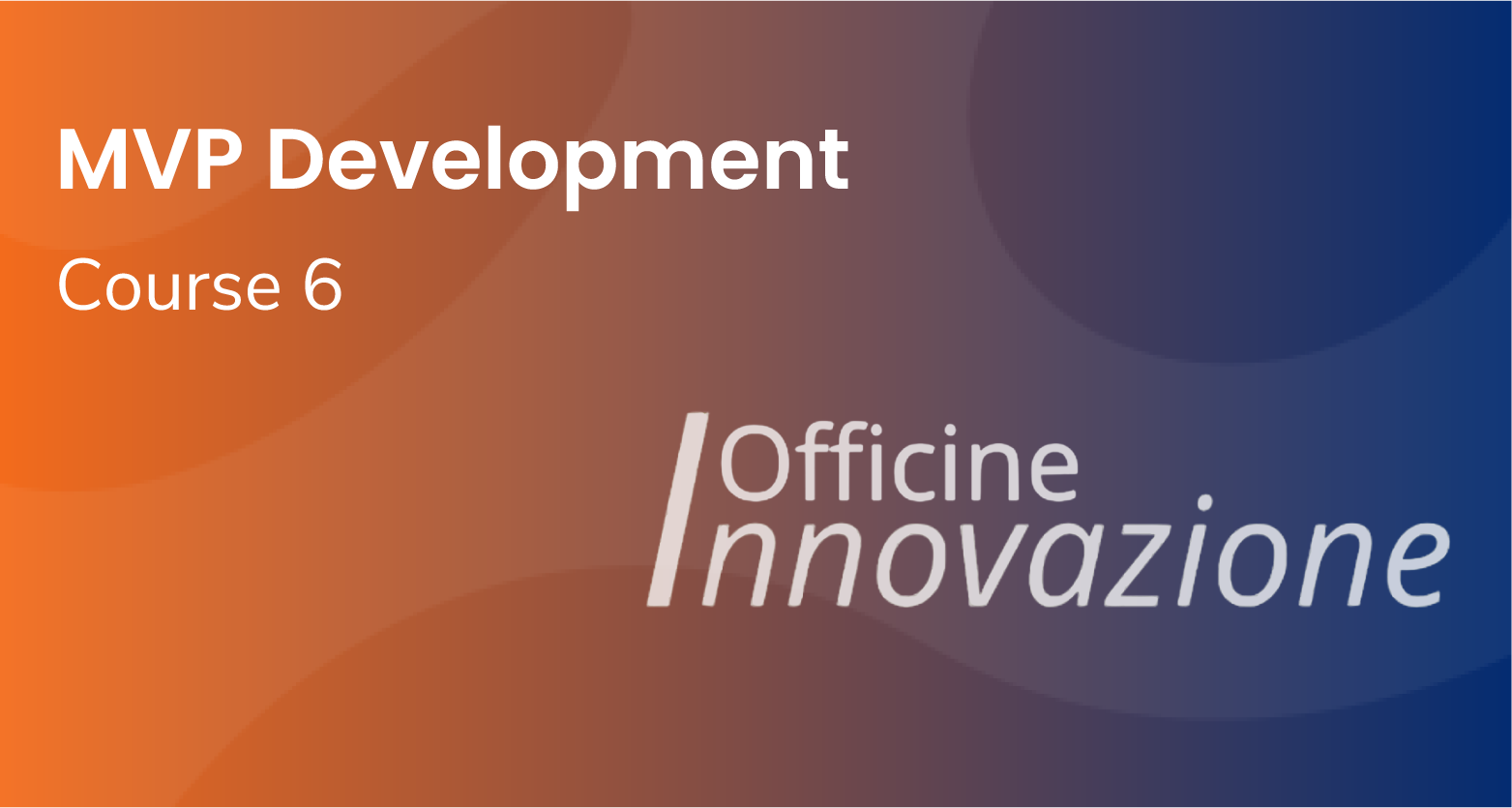
Francesco Cordeschi
Business Innovation Consultant


This course aims at providing the students with an overview of the most common types of prototype. This is intended to give them the chance to choose the best model to be inspired to when launching a new and innovative product or service for the first time in a specific market.
Although this course will not specifically focus on technical or technological components or features, such as on specific technologies to practically build the prototype, it will go through different features the products need to have or not to have. Indeed, the students will be introduced to some key decisions that shall be taken when building a prototype, such as what and how many features shall be included, what quality level it should have etc.
Eventually, the course will go through different commonly used typologies of prototypes/MVP, namely Wizard-of-Oz, Concierge, Explainer, Paper prototype, Piecemeal, Pre-order, Digital Mock-up, Crowdfunding, A/B test, and Online ad campaign. This non-exhaustive list of possible models should still be enough to give the students an idea of the plethora of possibilities they will have in a real market.
At the end of this course, students will be able to:
• Evaluate what kind of MVP could be more efficient for a specific new product/service;
• Analyze different features of a product or service in order to understand how to prototype it;
• Understand what feature of a product/service it is better to enforce when building a prototype.
Students are required to know basic notions on business modelling and value propositions. It is suggested to have some knowledge of industrial dynamics and market competition.
The level of the course is for intermediates. Indeed, the students will be introduced to some strategic decisions about how to build a first version of a product/service, which is fundamental for its success in the market. This might require a preliminary knowledge or experience of how a startup (or, in general, a company) works.

Business Innovation Consultant